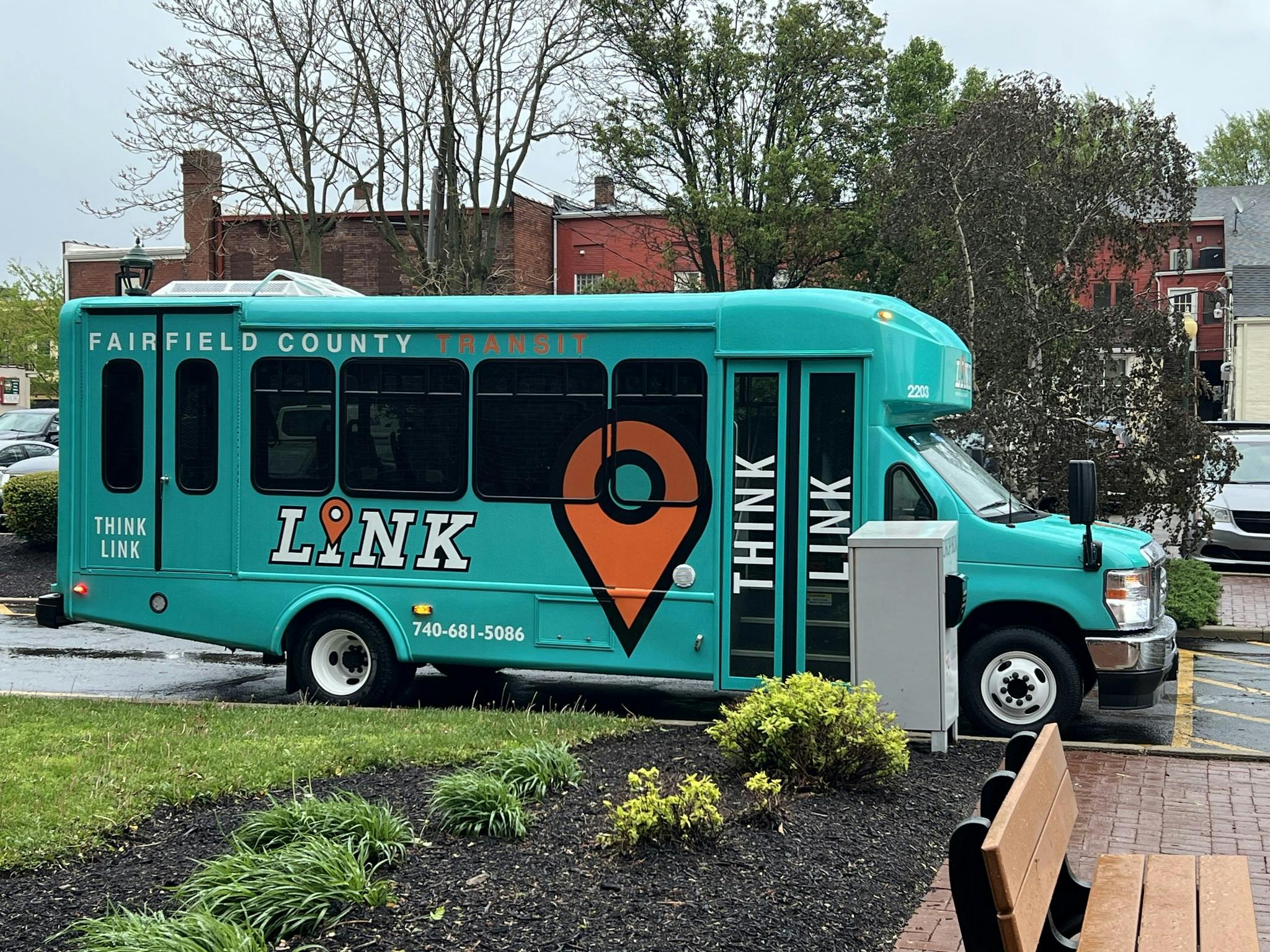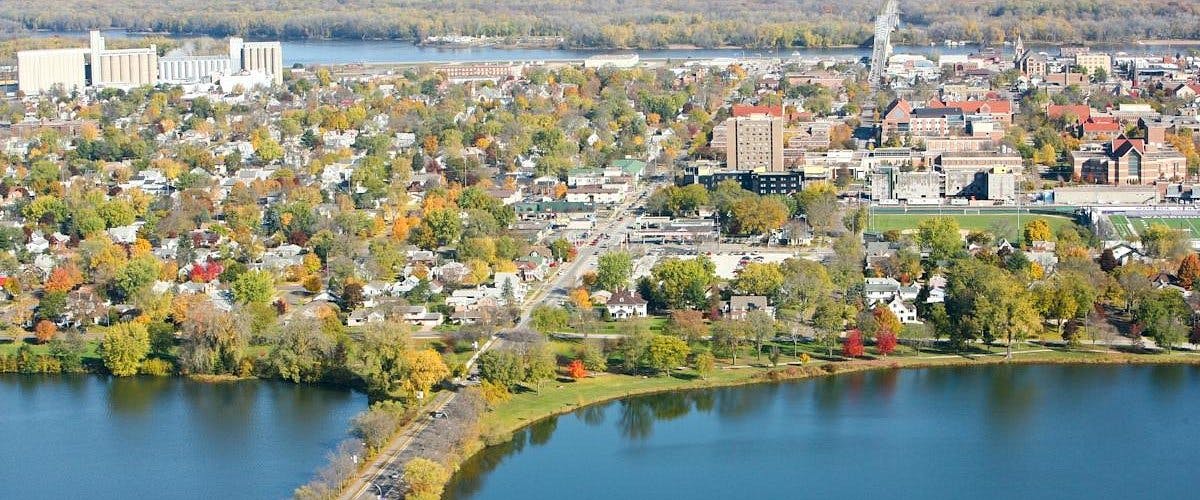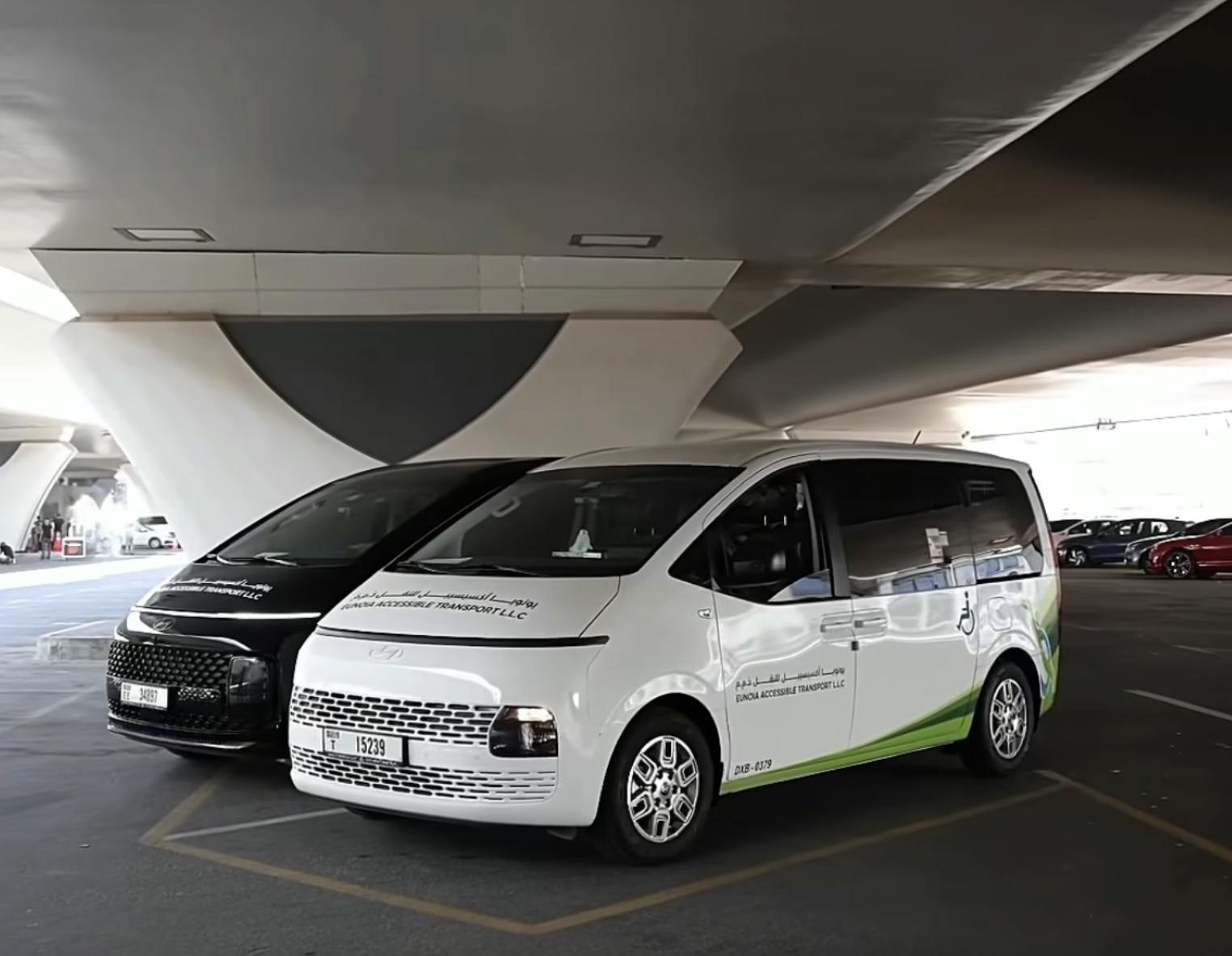
Why The Routing Company is Set to Change the World
Transportation is at the very heart of human progress. Without it, even the best-designed social structures (think: education systems, labor markets) will fail to run. It’s easy to forget this, if you’re not in transportation. For many, transportation feels like water feels to a fish; they’re not conscious of it even though they need it to get around. So think about my claim about transportation’s role in human progress for a moment. Internalize it.
Progress in making transportation better requires the use of scale because transportations spans the entirety of the population. And transit agencies, unlike independently operating private organizations, can prioritize the transportation needs of all people. Agencies require “profitability” on a city level through positive impact on social equity and GDP, not on a per-ride level. This means that the public sector’s role is not only important but absolutely critical to making progress.
Although it may be self-evident, it also bears repeating that progress is also accelerated by relevant technological breakthroughs.
The Routing Company (and our rider brand, Ride Pingo) is the most exciting place to work in the world right now because we are set to revolutionize mass transportation, and are therefore set to accelerate human progress. We bring together all the elements to catalyze this change.
First, transit isn’t a side business at TRC. We are 100% focused on helping the public sector — the organizations with the most scale — upgrade their technology for the future.
Second, TRC has assembled the greatest team in the world for collaborating with transit. We have brought the greatest minds from rideshare, academia, and transit under one roof (Flora, Thuan, James, Gabriele, Daniela, Javier, Alex, Pandora, Menno, Wynton, Kelley).
Third, we have the best dynamic routing technology, inspired by 4 years of MIT research, that I’m aware of existing anywhere in the world.
Finally, we have the product vision to build a full-stack product suite focused on extending transit networks at a cost — for the first time — that approaches fixed-route unit economics.
Together, these four pillars will allow us to double or even triple the number of passengers served by transit agencies at a stable, low, predictable cost.
This is revolutionary, not just for transit, but for entire societies.
Here’s why. At these costs, with the sophisticated planning and data management TRC provides, transit agencies can get a $5 return in GDP for each $1 spent on extending their transportation networks. To paint a more detailed picture: this means the erasure of transit deserts; the eradication of food deserts; the equality of access to jobs and education; the reduction of congestion and the climate change caused by it.
TRC can be the fuel behind a fundamental social transformation not seen since the development of the internal combustion engine.


